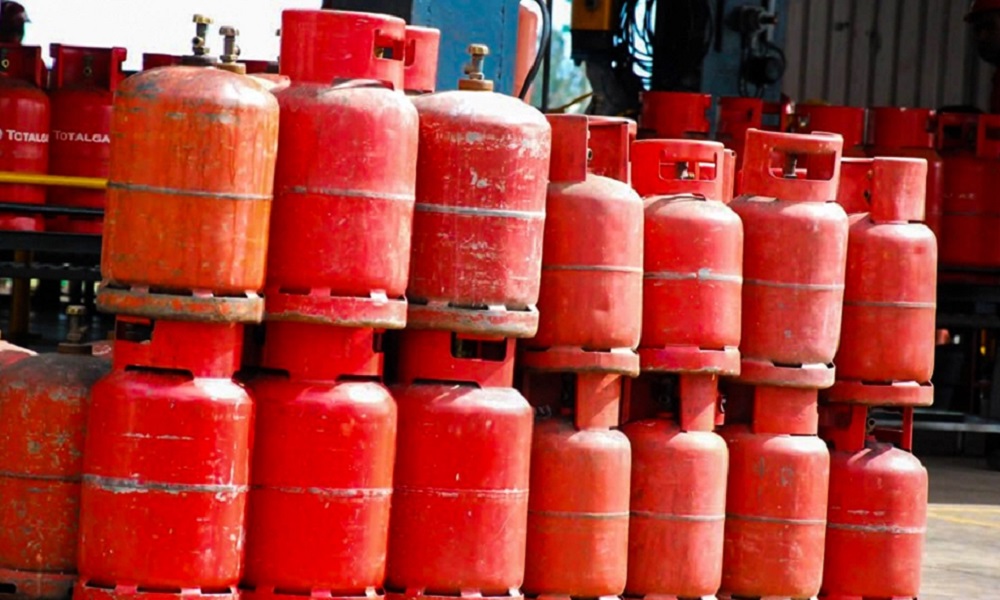By Francesca Hangeior
Petroleum Regulatory Commission, NUPRC, has said that Nigeria’s natural gas output would increase to 12.2 billion standard cubic feet per day, bcfd, by 2030, up 52.2 percent from 8.0 bcfd, current level.
This is even as the Minister of Petroleum Resources, Senator Heineken Lokpobiri, said the nation has abundant natural gas to serve both domestic and international markets.
The Commission which regulates activities in the upstream sector of the nation’s oil and gas industry, attributes this to the expected completion of some projects, especially the Nigerian LNG Train-7 and Train 8, Nigeria/Morocco pipeline, Ajaokuta-Kaduna-Kano (AKK) and Natural Gas Pipeline Project, during the period.
Speaking on the role of gas as a transition fuel in navigating Nigeria’s trilemma of finance, energy security, and international politics, at the Strategic International Conference of the Association of Energy Correspondents of Nigeria, NAEC, the Commission Chief Executive, Engr. Gbenga Komolafe, said: “Natural gas production is projected to increase from 8.0 bcfd in 2020 to 12.2 bcfd in 2030 driven by major projects such as NLNG Train 7 & Train 8, Nigeria/Morocco pipeline, Ajaokuta-Kaduna-Kano (AKK) Natural Gas Pipeline Project among others in the ‘high case supply’ scenario.
However, this will not meet the ‘high case demand’ scenario projected at 22.2 bcfd in 2030.
“In just a decade, the demand landscape could change exponentially, especially if the power sector challenges are resolved.
The import of this is to showcase opportunities in gas development in the Nigerian upstream sector and the need to complement hydrocarbon developments with renewables.
“As the upstream industry regulator, the NUPRC, through the instrumentality of the Petroleum Industry Act, 2021 (PIA), is at the forefront of the drive for interventions required to realize the Decade of Gas by enabling investment in cleaner hydrocarbon development through gas development as well as driving programmes such as Nigerian Gas Flare Commercialisation Programme (NGFCP) for flare elimination and gas monetization to foster energy sufficiency, eliminate wastages while simultaneously attending to the urgency of reducing carbon emissions.’’
Also speaking, Minister of State, Petroleum Resources (Gas), Rt. Hon. Ekperikpe Ekpo, said: “It is through gas that we can address our energy access challenges, power our industries, and improve the standard of living for our people. But it also provides us with the flexibility to meet our global commitments to reduce carbon emissions, making it a vital component in our transition to cleaner energy.”

